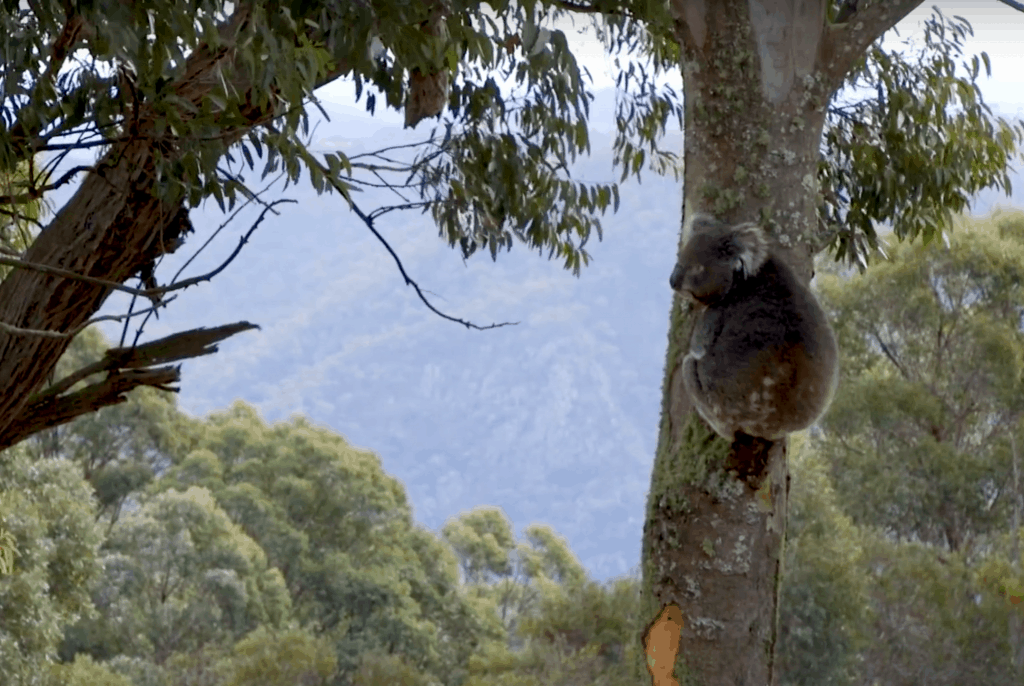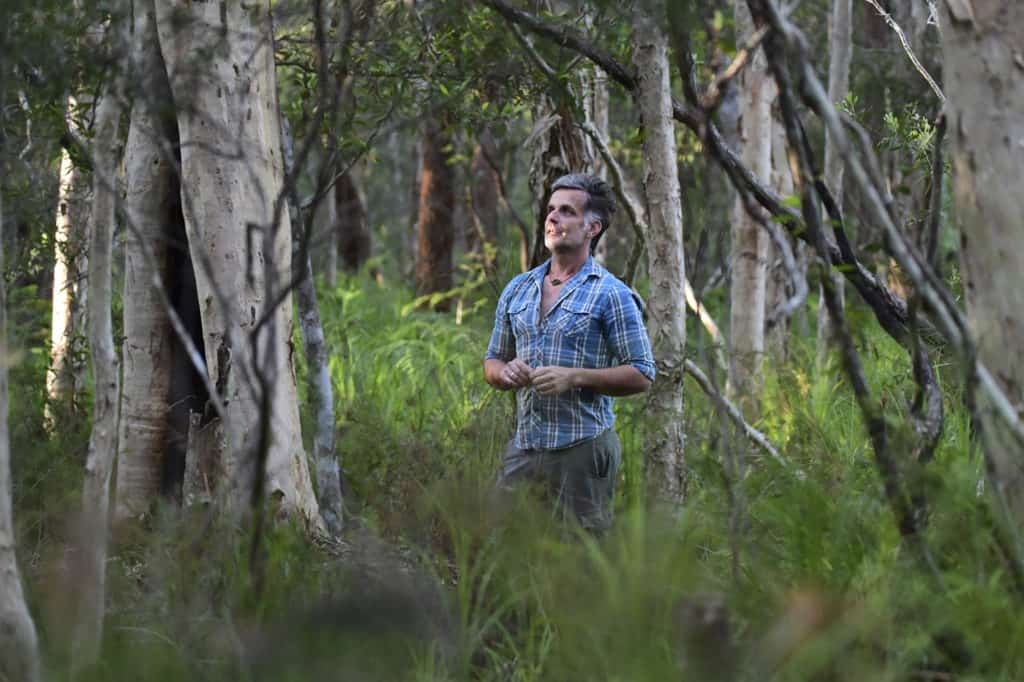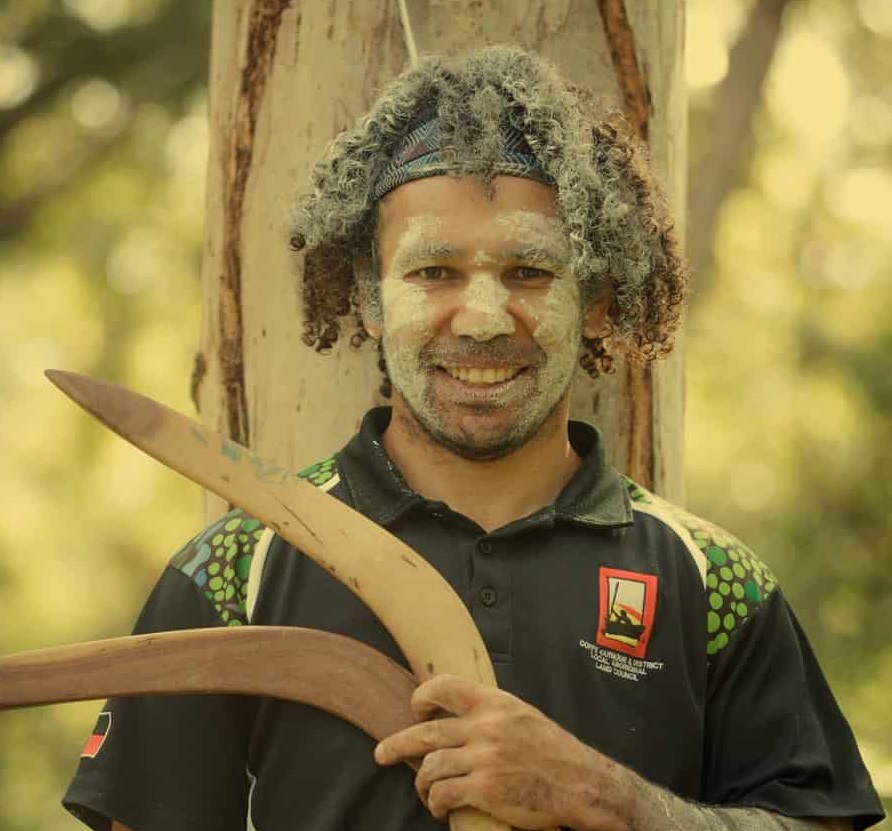The NSW Government is funding a Regional Koala Conservation Partnership with Southern New England Landcare.
Additional funding has been granted to the project through a Commonwealth-funded grant under the Regional Bushfire Recovery for Multiregional Species and Strategic Projects Program.
The NSW Government's Koala Strategy is funding the continuation of the Regional Koala Conservation Partnership with Southern New England Landcare situated in Armidale on the Northern Tablelands.
This funding is to support the 5-year appointment of a dedicated Koala Officer, based at Southern New England Landcare in Armidale, who will strategically coordinate local projects aligned with the Koala Strategy to help conserve koalas and their habitat in that area.
Other agencies and partnership organisations involved include the Armidale Tree Group, Armidale City and Uralla local councils, Northern Tablelands Local Land Services, the University of New England and local community groups and landholders.
The project, in association with Southern New England Landcare, will implement a range of on-ground actions, informed by community and scientific expertise, to protect local koala populations and their habitat under the 4 pillars of the Koala Strategy:
- koala habitat conservation and restoration
- supporting local communities to conserve koalas
- improving the safety and health of koalas
- building our knowledge of koalas.
The regional partnership Koala Officer, based at Southern New England Landcare, will work to achieve the goals of the partnership and implement koala conservation actions, including:
- undertaking koala surveys in priority areas to add to local koala knowledge of koala occupancy and habitats
- coordinating koala habitat restoration on private land
- supporting the local koala carer community
- undertaking community engagement and education
- supporting the koala conservation work with Armidale City, Uralla Shire Council and the University of New England
- acting as a conduit between the NSW Government and the community and landholders of the Northern Tablelands
- assisting with landholder extension activities related to koala conservation
- engaging with Traditional Owners
- delivering school education programs
- undertaking vehicle strike mitigation projects
- making sure that the community is included at every step in our efforts to save koalas and their habitat across this region.
Additional funding has been granted to the project through a Commonwealth-funded grant under the Regional Bushfire Recovery for Multiregional Species and Strategic Projects Program. This includes funding for:
- undertaking community awareness raising events
- ongoing maintenance and monitoring of Koala Drinker stations
- providing assistance to local koala carer network
- working with landholders for on-ground koala habitat establishment
- undertaking additional koala surveys to monitor local koala populations.
Koalas of the Northern Tablelands, particularly Armidale, are one of 19 populations across New South Wales that are identified as a priority for immediate investment under the Koala Strategy.
Not only is the Northern Tablelands population prioritised for immediate investment, but it has also been identified as one of the 10 stronghold koala populations in New South Wales. Koala strongholds represent koala populations that are significant in some respect: for example, some strongholds support very large populations of koalas, while others represent areas that are likely to be important refuge areas from the impacts of climate change in the coming decades.
The Northern Tablelands region is an important area for koala conservation as it has low density but widespread koala populations that are not subject to the same urban population and development pressures as those on the coast.
Other regional partnerships have been established across the state, backed by a total investment of $15.7 million, to ensure community expertise and local knowledge are informing on-ground actions.
Latest news from Northern Tablelands


